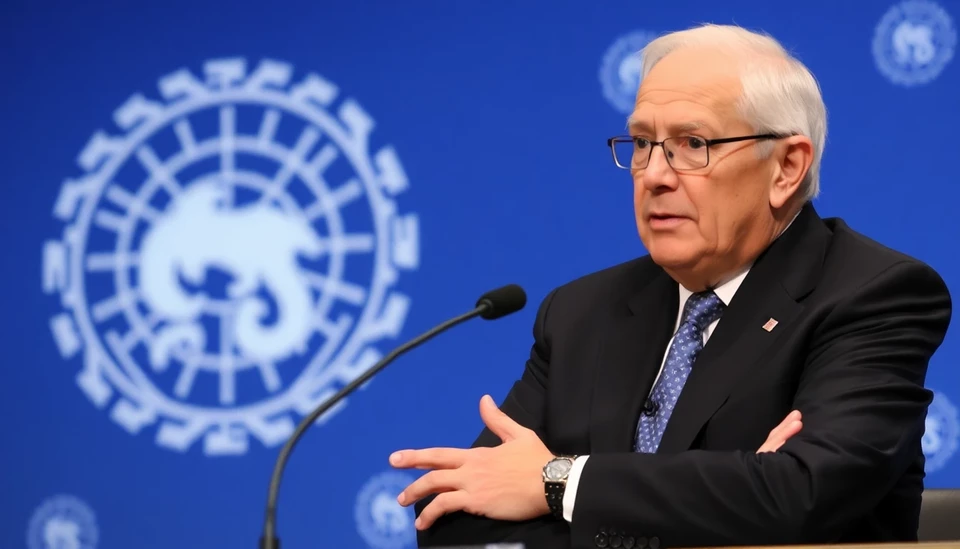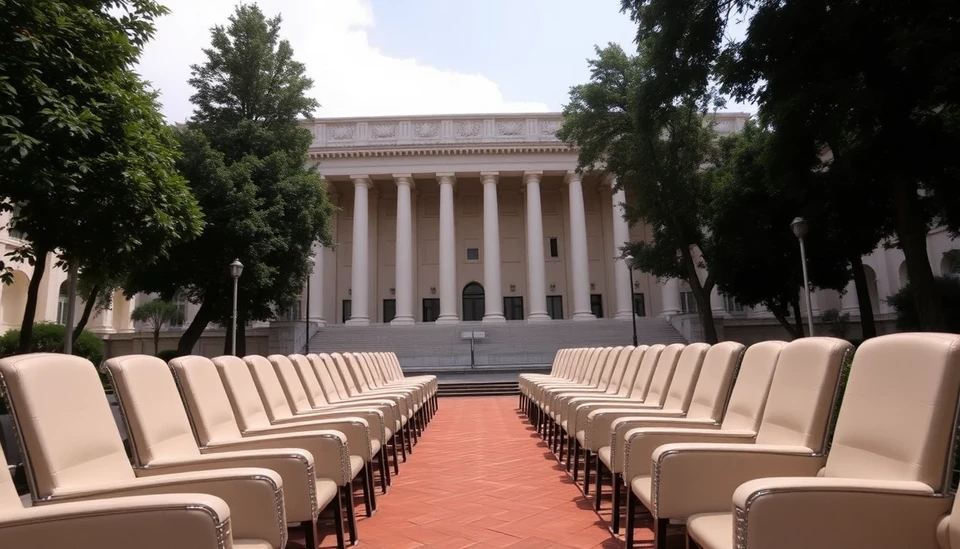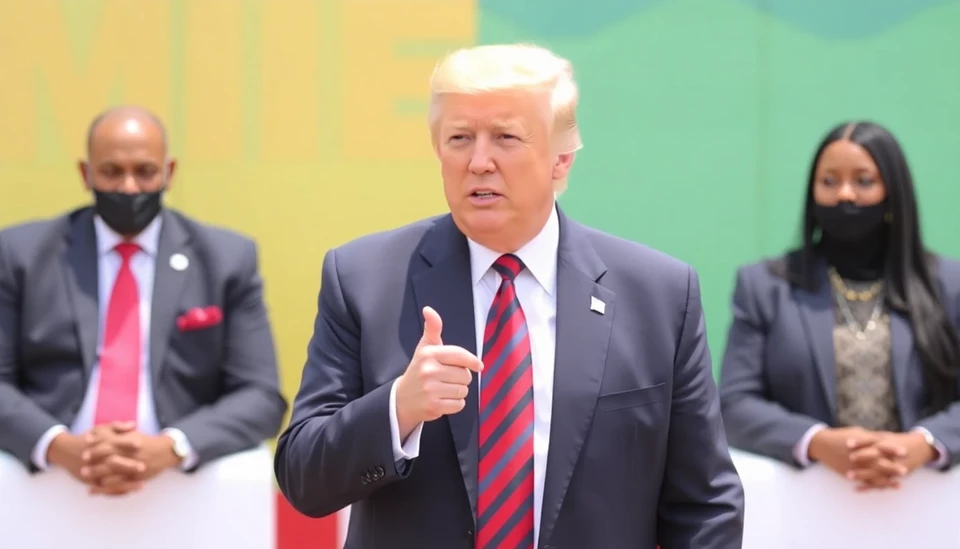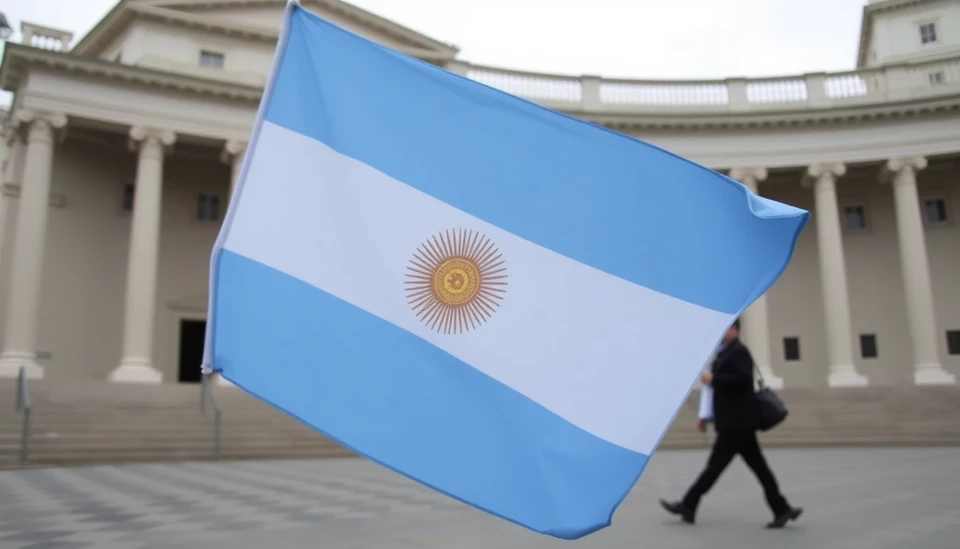
The International Monetary Fund (IMF) Managing Director, Kristalina Georgieva, has recently conveyed a cautiously optimistic outlook regarding the potential easing of penalty fees imposed on member nations that fall behind on their financial commitments. This potential shift comes in the context of ongoing discussions aimed at enhancing the financial structure of the IMF and adapting it to the evolving economic landscape.
Georgieva remarked on the importance of reforming the IMF’s policies to better support its member nations. The focus is particularly on those countries facing economic difficulties, allowing them more flexibility and assistance during tough financial times. "We are discussing ways in which the IMF can be more responsive to the needs of our members, particularly in times of crisis," Georgieva stated during a press briefing.
As countries grapple with high inflation rates, rising interest rates, and sluggish growth, the pressure on the IMF to act more decisively has intensified. Many member states have expressed concerns over the punitive nature of the existing fees, which can exacerbate financial distress instead of providing much-needed relief. The IMF’s current penalty system is designed to encourage countries to meet their obligations promptly. However, there is a growing sentiment that this system may need reevaluation to strike a balance between accountability and support.
Georgieva emphasized that any changes to the penalties should be carefully considered, with a strong focus on creating an equitable system that fosters cooperation. "The dialogue is ongoing, and we are examining various approaches that could potentially lead to a reduction in penalty fees while still maintaining the integrity of our financial commitments," she explained.
This discussion aligns with broader trends as the IMF seeks to enhance its role in global economic governance. The organization has faced increased scrutiny in recent years, with many experts calling for reforms that would allow it to be more adaptable and responsive to member countries’ unique circumstances.
Observers are attentive to these developments, as any significant alterations to the IMF's fee structure could have far-reaching implications for global financial stability. The sharing of this information is fundamental for member states to prepare for what may come next, given the current economic uncertainties facing many regions of the world.
As the IMF prepares for its upcoming annual meetings, the possibility of revisiting the guidelines surrounding penalty fees is becoming a focal point of discussion among finance ministers and central bank leaders globally. This topic is perceived not only as a financial issue but as a crucial element in building trust and resilience within the international financial system.
In conclusion, while Georgieva's comments reflect optimism regarding the potential for reformed penalty fees, the outcomes will depend on collaborative efforts among member nations to create a more supportive framework that addresses the needs of all stakeholders involved.
#IMF #Georgieva #GlobalEconomy #PenaltyFees #EconomicSupport
Author: Laura Mitchell




